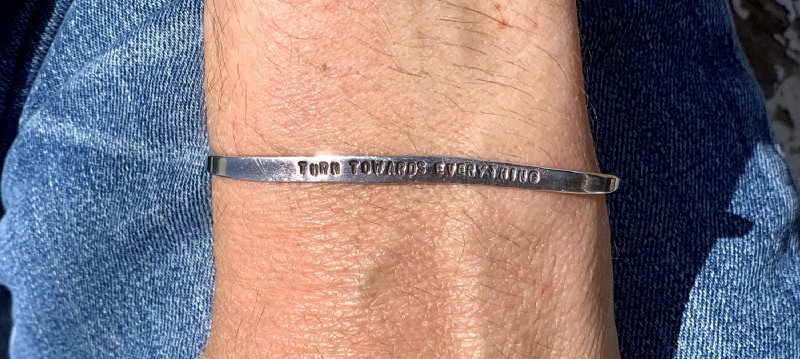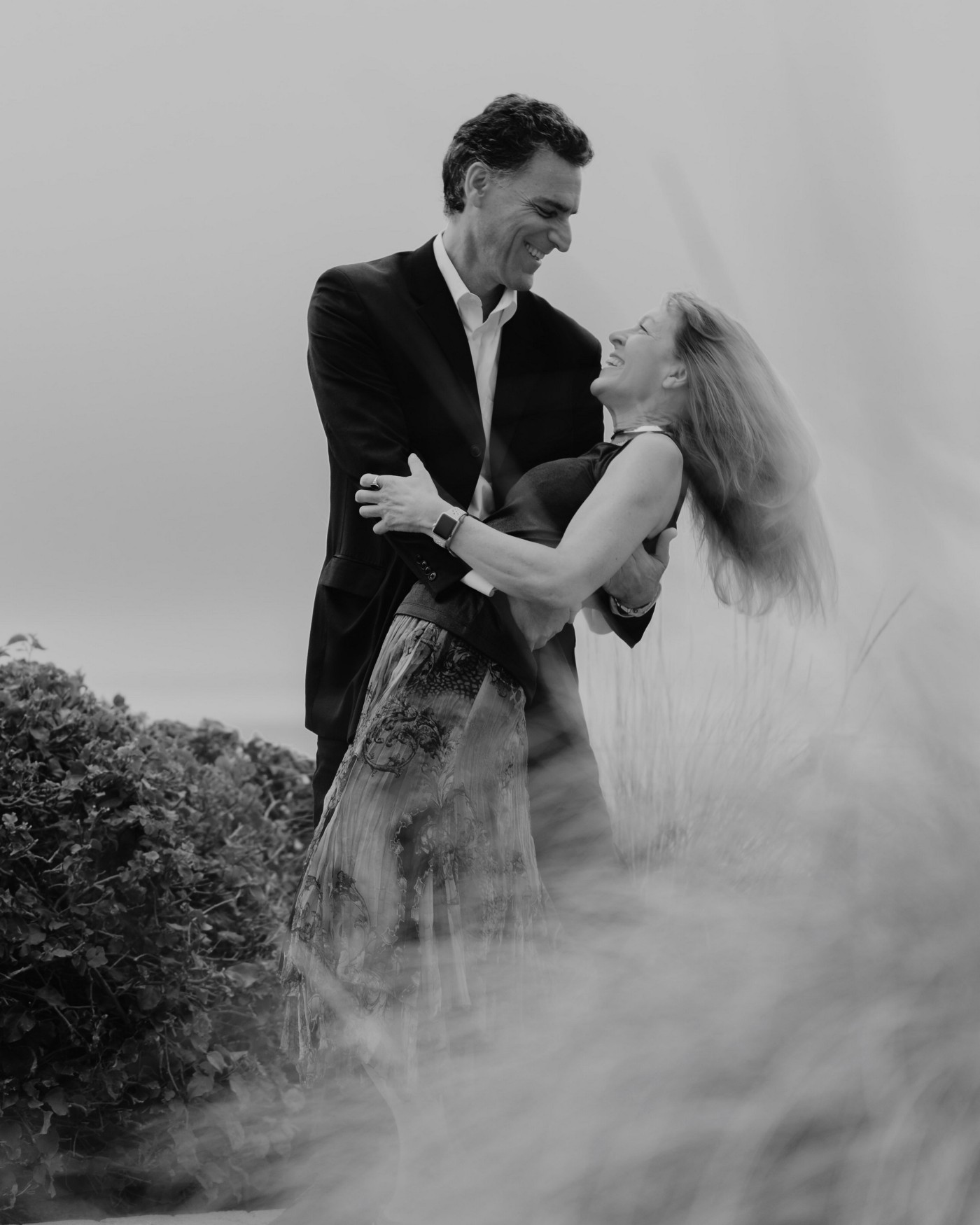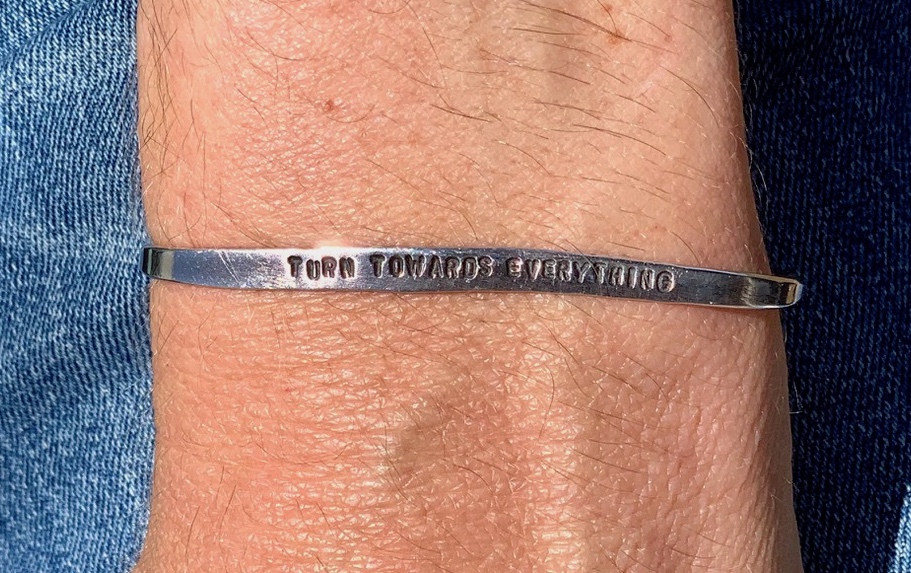
Fighting the one you love —
Don’t.
Really.
I know.
Even the therapists and relationship experts I most admire, tell us how important it is to fight (rather than suppress) — but to learn to do it in a healthy way.
I agree about the not suppressing part, but I don’t agree about the fighting.
Words matter. They shape the way we think about things. They give us our framework for choices and perception.
Here are some of the primary definitions for the word fight:
1. take part in a violent struggle involving the exchange of physical blows or the use of weapons
2. endeavor vigorously to win
3. a vigorous struggle or campaign for or against something
4. a violent confrontation or struggle
I have a life partner because I want to co-create something beautiful: a vessel we can play in, grow in, find safety in, conjure ecstasy in. I want a relationship that has room for differences, that nourishes our strong personalities, that pushes our edges, that helps us face into the storm of our polarities.
What I don’t want in my relationship: winners and losers, escalating battles, ongoing and repetitive skirmishes. What I don’t want is language that undercuts and undermines.
If we start with the conviction that we love one another and that we are in this together, our first commitment is to the co-creation of a rock solid safe foundation. If we are throwing barbs, denigrating, belittling, fighting — then we need to revisit our language and revisit our purpose. What do we accomplish with this? Does it get us what we want?
A relationship is a co-creation intended to make us bigger, bolder, happier, safer. Why create warfare? This will never get us what we want, unless what we want is warfare.
My husband wears a slim silver bracelet on his wrist that reminds us “turn towards everything”. It reflects our committed intention. It means we will not abandon one another in our grievances, stresses, and dissatisfactions. We are committed to co-creating a life we love, and the relationship that we love in, is our vessel. It is up to us to build a vessel that can navigate the storms.
Honestly, life is challenging enough — it is madness to do battle on the deck and sink our own ship.
We human beings are in relationships with others because it is in our nature, because they make our lives richer and more meaningful, because they are critical to our mental, emotional and physical well-being. The need to belong and connect is fundamental.
And yet, our relationships often become a source of anguish, unease, or frustration. Sometimes, they are the bed of loneliness itself.
It is true that absolutely everyone in a relationship will, invariably, hurt, annoy and irritate their partner some of the time. Our worldviews evolved in different orbits and are fundamentally unique. We are each the star players in our own complicated theatre and our narratives don’t always align. We can trigger one another, inadvertently, in myriad ways, from the minor to the gut wrenching.
“Pain is inevitable: suffering is optional,” a core buddhist tenet.
Most of the suffering in relationships stems from our quick and instinctual desire to turn away: to avoid the painful, the uncomfortable, the awkward, the broken, the messy — or to cut it off quickly with a counter-attack, which is just another way of turning away. Instinctually and understandably, emotional pain avoidance is our default.
Our partner says, “We haven’t had sex in three months” and we say, “You never take out the garbage.” We say, “You leave a mess everywhere you go, why can’t you ever pick up after yourself?” and our partner says, “When was the last time YOU did the dishes?” Our partner says some ordinary thing that cuts us to the core, wakes up some monster of insecurity from our distant past, and we walk out the door, seething. Maybe slam the door. Don’t speak to one another for 24 hours and eventually sweep it all under the rug till next time, because it feels too terrifying to confront the demons in our cellars. Maybe we have a few drinks or smoke some weed to cauterize the wound.
These are all excellent ways not to communicate, not to connect, not to get what we want. These are all ways to avoid the muscular messy heart of the conflict.
Turn towards everything means awaken curiosity and courage in that moment: the curiosity and courage to turn toward that which makes us want to cringe, or block, or fight, or run. To be truth seeking is to open the door, with care, to the demons in the cellar, to co-create the cauldron from which comes the most profound connection.
If I know that my partner genuinely loves me and wants to be in a relationship with me, then whatever has gotten between us right now — whatever behavior or words on his part or on mine have created this situation where one or both of us is squirming or seething — is a perplexity.
Perplexity: 1. inability to deal with or understand something complicated or unaccountable: she paused in perplexity. • a complicated or baffling situation or thing.
His worldview and mine have parted so profoundly that what he is doing or saying makes absolutely no sense in my worldview — or worse, the sense it makes in my worldview is that only a stupid, or mean, or unreasonable person would do this thing. Only someone who hates me would do this thing.
And yet, we know that we love one another and that we mean one another well. That is the foundation of our relationship.
And if it is not the foundation of your relationship, step back and ask yourself why? What is the foundation of your relationship if not mutual love, respect and care?
I know with certainty that my beloved is neither mean nor stupid, and I know that this is not an intentional manifestation of malice.
If I feel my chest and jaw tighten, if I feel anger or resentment rumbling — instead of fleeing or flaring, which solves nothing, I need to get curious.
“Can we sit down together and have a conversation? I am genuinely perplexed about what is happening right now.”
Yes, that is actually what we say.
We may say it through gritted teeth, but we know it is our job to figure this out together. We may agree to postpone the conversation to a later, better time, if necessary, but we will have this conversation.
We will make eye contact, breathe, and connect. We will explain why we are perplexed without attacking the other person’s integrity, intelligence, or intent.
We will sit and listen and get curious.
We will give the benefit of the doubt.
We will ask one another questions to try to understand. We will do everything we can to puzzle out what is happening from the other person’s perspective.
We will ask ourselves, what if the other person is right?
What if we are both right?
What if there is no right?
We will remind ourselves that we know that the person sitting with us loves us and is equally committed to making this relationship magnificent.
We will remind ourselves that we humans are deeply flawed and sometimes baffling creatures — all of us — and that our perspectives are skewed, our memories are biased and problematic, and our reasoning often appears rational only to us.
And this is hard.
Honestly, it’s a miracle that any of us ever see eye to eye on anything at all.
Sometimes we sit on the couch for a long time — in various states of tightness, anger, defensiveness. Sometimes we sit in silence for 2 or 20 minutes while one person digests what the other has said and wrestles with his or her personal demons of pride, insecurity, fear, righteousness.
We will do this because we are committed co-creators of this relationship. We will do this because we don’t want an ordinary relationship, we want an extraordinary relationship.
We want to learn from one another and help each other become the truest most powerful versions of ourselves, to be the best stewards of our lives, to create a relationship that creates light and inspiration, not only for us, but for everyone around us.
It is our choice whether we get mired in warfare — power battles about who is right, nurturing old wounds till they fester, hiding our truth in fear lest everything unravel — or whether we get curious and grapple honestly and courageously with our perplexities.
We get to choose whether we make this the most extraordinary loving relationship either of us has ever had, or not.
So, no: we don’t fight.

I can genuinely say that we go to bed in love every night and wake up every morning in love. We may, and do, have perplexities — some have been doozies — but we emerge from all of them, more connected, more in love, wiser, humbler, better.
It’s our choice.
It’s your choice, too.
If your togetherness is growing stale, if you are in a relationship that is causing more anguish and angst than joy, or if your normally joyful relationship is under lockdown strain, get courageous about digging in and curious about what you find.
What relationship are you co-creating?


